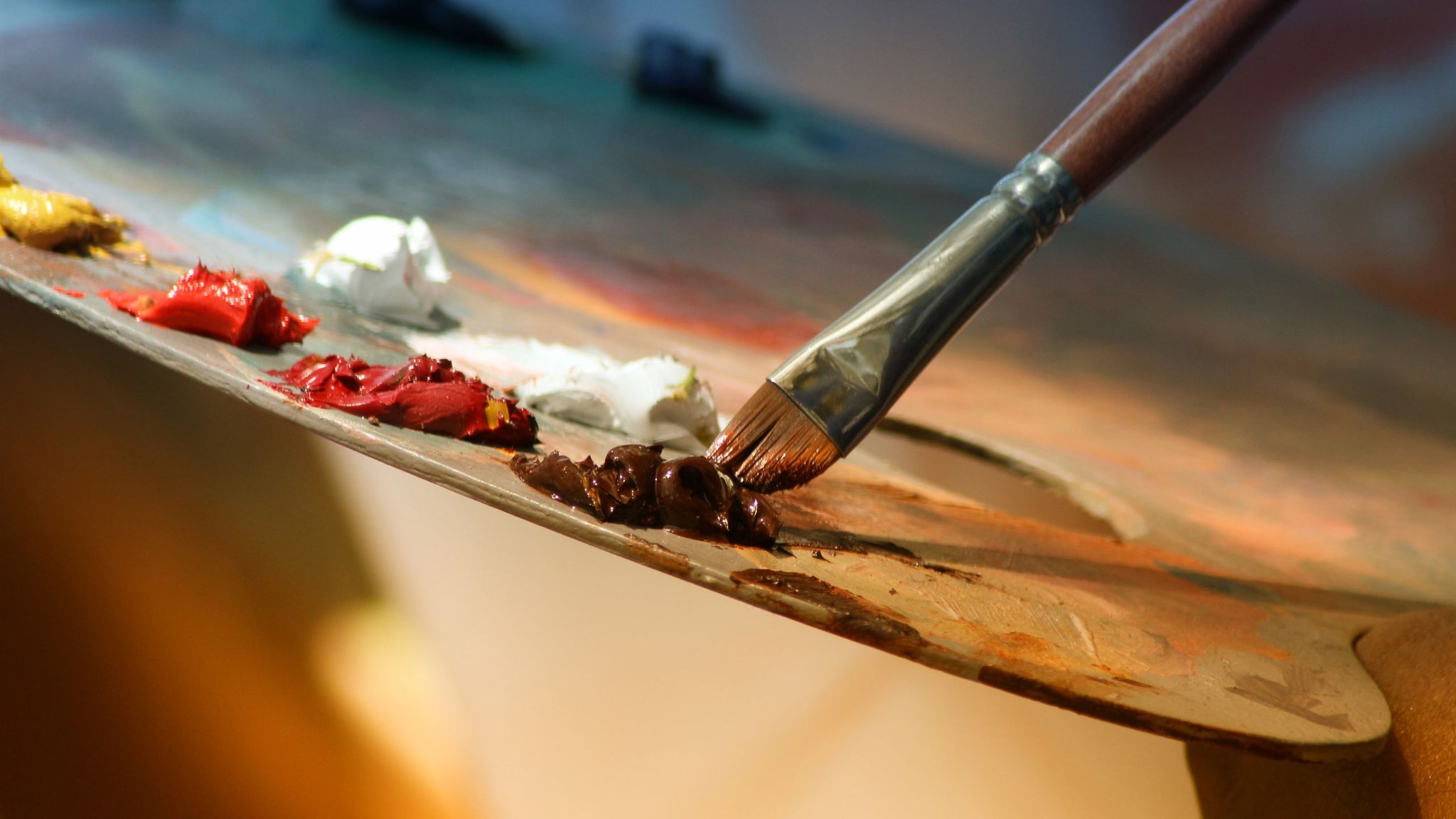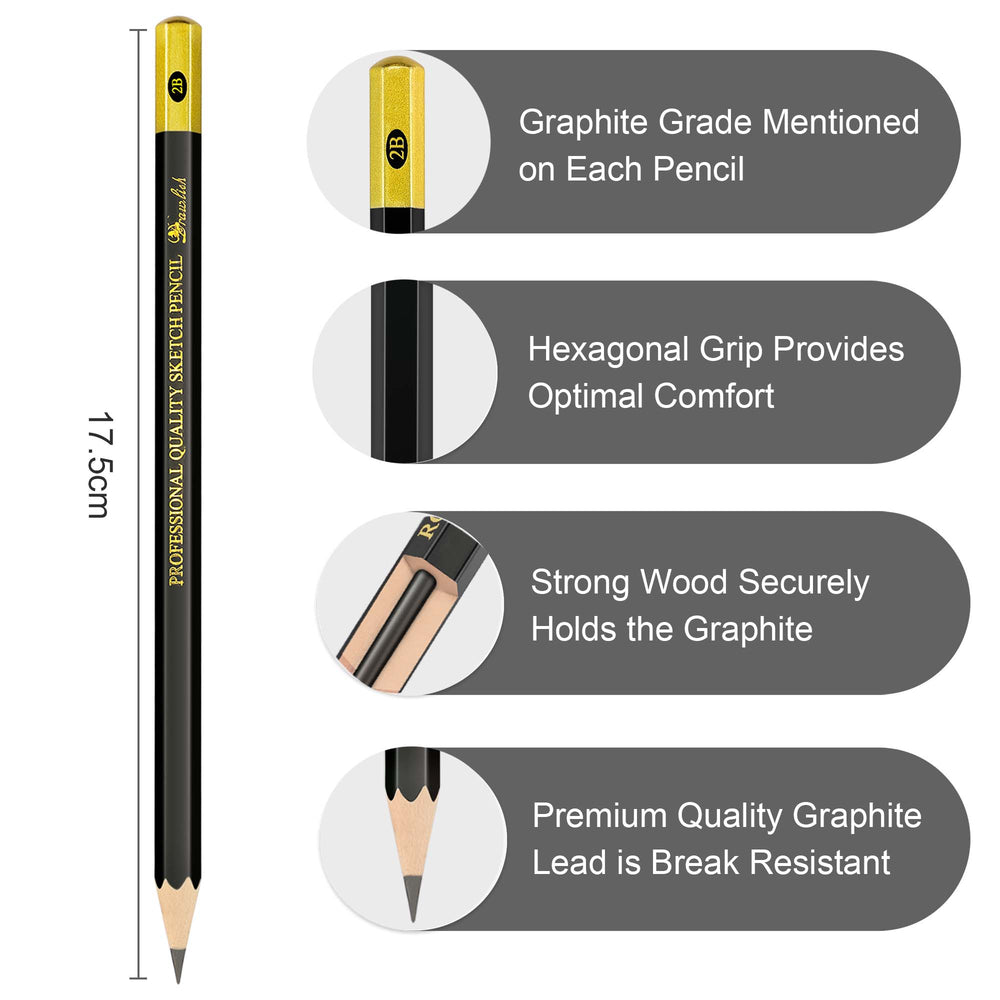How To Clean Acrylic Paint Brushes: 4 Secrets Revealed
Ah, the vibrant world of painting, where every acrylic paint brush carries the potential to bring your imagination to life. But as every artist knows, the aftermath of a creative surge often leaves us with a colorful array of brushes in dire need of a clean-up. Don't worry; I've been through the paint-splattered trenches and come out the other side with some tips and tricks that will keep your brushes in pristine condition. So let's Dive Right In: How To Clean Acrylic Paint Brushes
The first rule of thumb in brush maintenance is not to let the paint dry on the brush. Seriously, acrylics dry faster than you can say "Bob Ross," turning your beloved brushes into stiff little soldiers. The best way to clean paint brushes, especially those coated in acrylic, involves a few simple steps you can follow right after your painting session.
- Rinse and Repeat: Start by rinsing your brushes under lukewarm water. This helps to get rid of the bulk of the paint.
- Soap It Up: Using a mild soap or a specialized brush cleaner, gently work the soap into the bristles. Rinse and repeat until the water runs clear. This method is not just effective; it's the best way to clean paint brushes, ensuring they stay soft and flexible.

When Stiffness Strikes
Let's face it; we've all had moments where we've left our brushes out for too long. If you're pondering how to clean paint brushes that are stiff, there's still hope. Soaking the bristles in warm water for a few minutes can loosen the paint. For those really tough cases, a brush conditioner or restorer can work wonders, penetrating the bristles and restoring their former glory.
The Vinegar Solution
Ever thought about how to clean acrylic paint brushes with vinegar? This pantry staple is not just for cooking; it's a natural and effective way to clean your brushes. Mix equal parts of vinegar and water, and let your brushes soak for about an hour. This method breaks down the paint, making it easier to wash out. Plus, it's eco-friendly!

A Note on Oil-Based Paints
While we're focusing on acrylics, it's worth mentioning how to clean paint brushes oil-based. This is a whole different ball game, requiring solvents like mineral spirits or turpentine. But remember, we're here to tackle those acrylics, so let's stick to water and soap for now.
Care and Maintenance
Beyond cleaning, taking care of your acrylic paint brush involves proper storage. Always reshape the bristles after washing and allow them to dry horizontally to prevent water from seeping into the ferrule. This small step can extend the life of your brushes significantly.
Wrap-Up
Keeping your brushes clean might seem like a daunting task, but it's all part of the creative process. Whether you're a beginner or a seasoned artist, knowing how to clean paint brush essentials is key to ensuring your tools are always ready for action. From the best way to clean paint brushes to tackling those that have gone stiff, these tips will help you maintain your brushes for many masterpieces to come. Remember, a well-cared-for brush is an artist's best friend.

FAQs on How To Clean Acrylic Paint Brushes
Q1: Can I use household soap to clean my acrylic paint brushes?
Absolutely! Mild dish soap or baby shampoo is gentle on the bristles but effective enough to remove acrylic paint. Avoid using harsh detergents, as they can damage the bristles over time.
Q2: How often should I clean my brushes?
Ideally, you should clean your brushes thoroughly after every painting session. Acrylic paint dries quickly and can irreversibly damage the bristles if left unchecked. A quick rinse in water during painting sessions can also help prevent paint from drying on the brush.
Q3: Is it necessary to use a brush conditioner?
While not strictly necessary, using a brush conditioner can significantly extend the life of your brushes. It helps restore moisture to the bristles, keeping them soft and pliable, and can be particularly beneficial if you live in a dry climate.
Q4: What should I do if my brush has dried paint in it?
If you find yourself with a brush that has dried paint, don't despair. Soaking the brush in a brush cleaner designed for acrylic paint or a homemade solution like vinegar and water can help dissolve the paint. For stubborn cases, gently rubbing the bristles against a brush comb can help loosen and remove the dried paint.
Q5: How can I prevent my brushes from becoming stiff?
Prevention is key when it comes to maintaining brush flexibility. Always clean your brushes thoroughly after use, and avoid leaving them soaking in water for extended periods, as this can cause the bristles to fan out or the wooden handle to swell and crack. Reshape the bristles gently with your fingers after washing and let them dry horizontally.
Q6: Can I salvage a brush that's already stiff with dried paint?
Yes, in many cases, a stiff brush can be salvaged. Start by soaking the brush in a warm, vinegar-water solution for up to an hour. If the paint remains, a specialized brush restorer might be needed. After the paint has softened or been removed, wash the brush with soap and water, reshape, and let it dry.
Q7: How long do acrylic paint brushes last?
The lifespan of an acrylic paint brush varies depending on its quality, how well it's maintained, and the frequency of use. With proper care, a good-quality brush can last several years. Regular cleaning, gentle use, and proper storage are key to maximizing your brush's lifespan.
Q8: Are there any specific storage tips for acrylic paint brushes?
Yes, after cleaning and reshaping your brushes, ensure they are completely dry before storage. Store them either horizontally in a drawer or hanging bristles down in a brush holder. This prevents the bristles from becoming misshapen and protects the ferrule from moisture damage.
Q9: What is the best way to dry brushes after cleaning?
The best way to dry brushes after cleaning is to lay them flat on a towel or hang them with the bristles pointing downward. This method prevents water from seeping into the ferrule, which could weaken the glue and lead to bristle loss. Avoid drying brushes with the bristles up, as this can cause water damage to the brush handle and ferrule.







Leave a comment